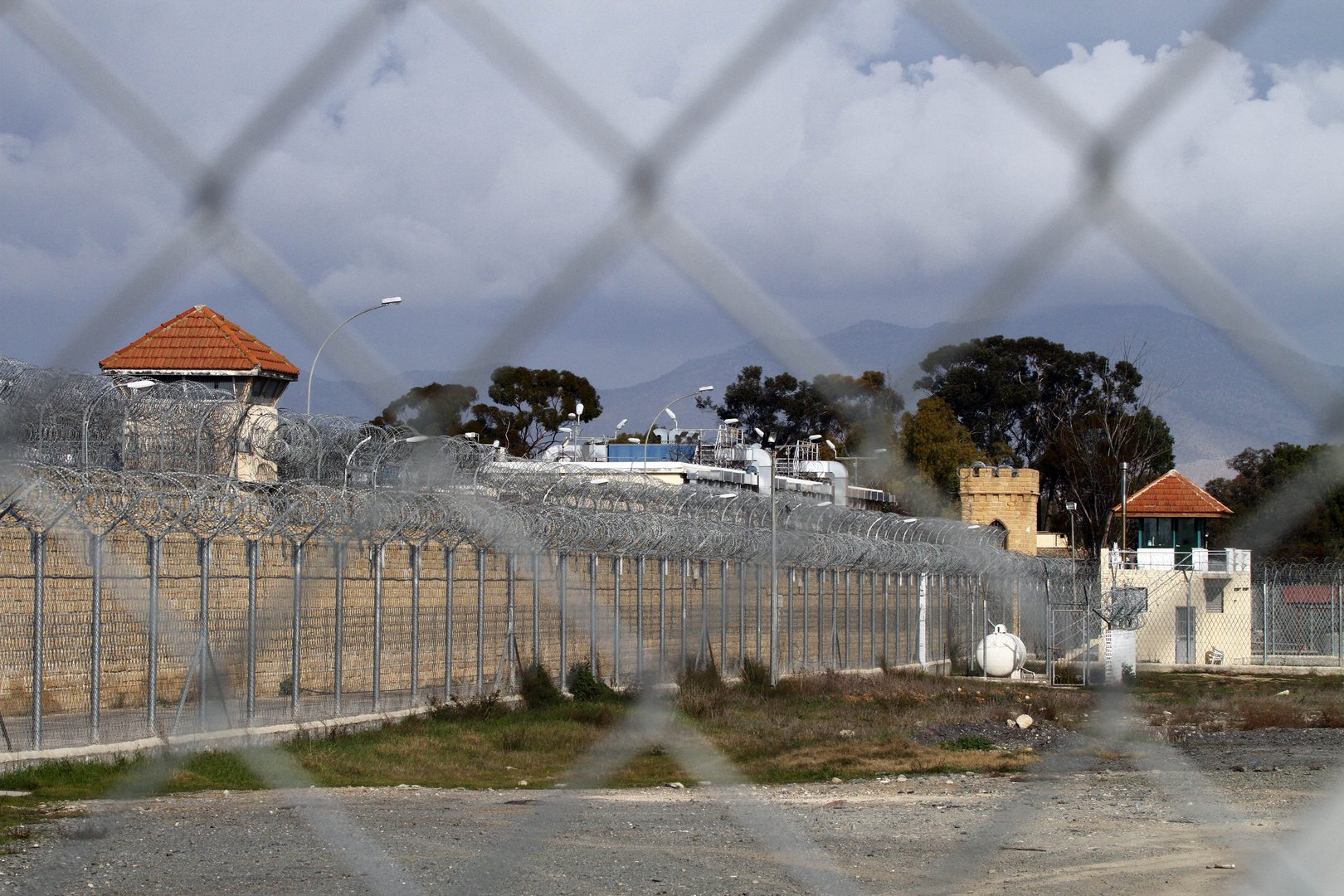How the Parole Board in Cyprus works
By Alexandros Clerides
After well-known European and Cypriot decisions, the Parole Board was introduced through legislation and specific articles found in the Prisons Law. Those articles of the legislation provide not only for the creation of the Parole Board but for the framework under which it operates to examine people who have served a large part of their sentence and request to serve the remaining part of it outside the Central Prisons under the conditions to be set by the council itself.
In the legislation itself, one can immediately identify the two main and basic questions that the Parole Board will be considering to answer. 1) If the person can be granted early parole and 2) if it can, then what conditions should be imposed so that the person can have a successful, manageable first attempt at their full reintegration back into society.
In its attempt to answer the two main questions above the Parole Board should consider whether the prisoner poses a threat, the chances of their recidivism, the safeguarding and protection of society, the personal and family circumstances of the prisoner, the type of offence they were convicted of, the sentence imposed, any sentencing comments made by the court, the prisoner’s criminal record, previous opportunities given to the prisoner by the court or the Central Prisons, the prisoner’s intentions and plans, if the prisoner tried and succeeded in correcting their own behaviour, if they are aware of their own problems and the perceptions that led the prisoner to commit the crime, etc.
Also of essential importance are the reports prepared by the services and found in the prisoner’s file, which give the Parole Board a first picture of the prisoner’s situation and life in general. Reports must be sent from the Central Prisons, the Welfare Office, the police and all other medical reports needed.
The Parole Board rejects applications if they do not meet the formal conditions set by law, such as if they are premature, and examines in substance the applications which it deems to be forwarded according to the criteria of the law.
After the reports are prepared by the agencies, the Parole Board then calls the detainee for an interview as soon as possible and gives the detainee the right to present whatever testimony they want to support their application for parole. Relatives and friendly persons, potential employers and any other person who is ready to give testimony to support the application is welcomed.
During the interview process as well as during the preparation stage, the detained person has the right to have a lawyer with him who can guide the person in the procedures but also at the end of the process for the purpose of completing the process.
If the application is approved, then a supervisor is appointed to the ex-prisoner and they are released under the conditions imposed. If the application is rejected then the prisoner has the right to appeal to the Administrative Court.
In my view the whole process has a wider humanitarian character in an attempt for the board to obtain as much information as it can which will help it to decide whether each case under consideration is suitable for the release of the person on the terms it will impose.
The existence of the Parole Board is essential to the effective work of gradually reintegrating prisoners back into open society. It is the moment when the incarcerated person is given a real opportunity to test themselves and prove to everyone that they can return to society as a fully functioning member. At the same time it decides what is the right protection framework that the board will put in place with the conditions it will impose that will reassure any concern of the state regarding the release of the prisoner.
Examples of conditions set by the Parole Board are usually electronic monitoring done by wearing an anklet, for the person to sign in frequently at a nearby police station, for the person to work at a certain location, reside at a certain location, not come in any sort of communication with other people with criminal records, not leave Cyprus etc.
The new Parole Board has been appointed since 31/10/22 and has already started intensive work in effectively examining the applications that were already submitted and are considered ready to be heard and the applications that are submitted daily.
Alexandros Clerides is a lawyer at Phoebus Ch. Clerides & Associates Ltd







Click here to change your cookie preferences